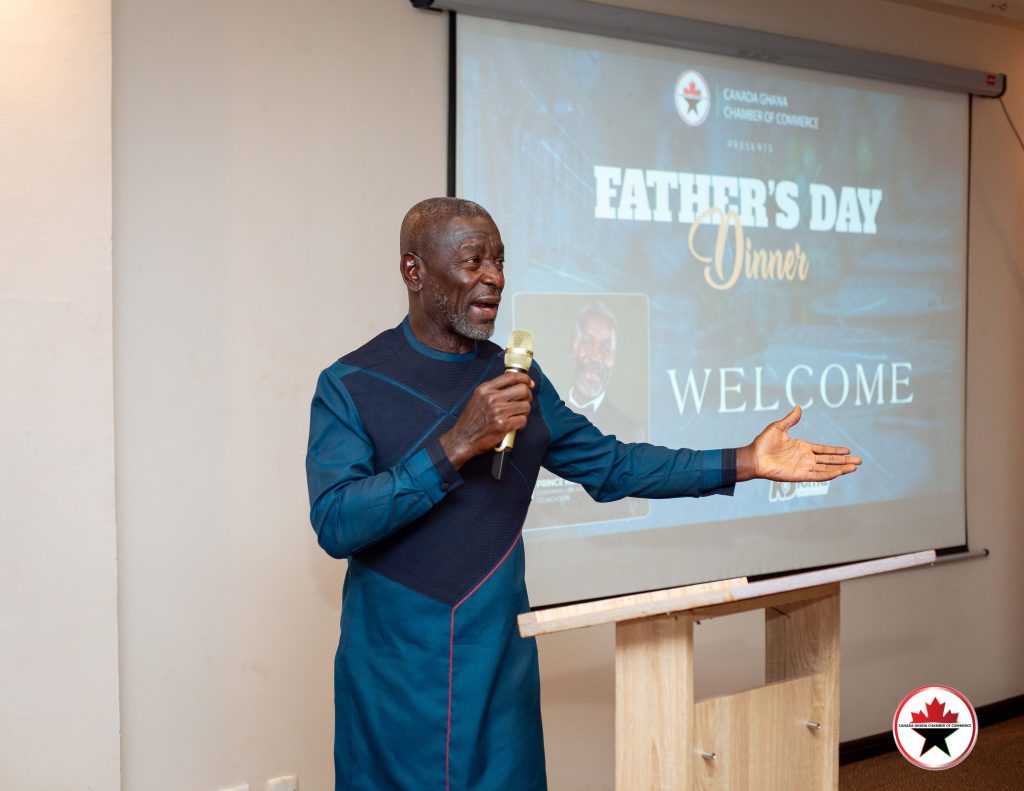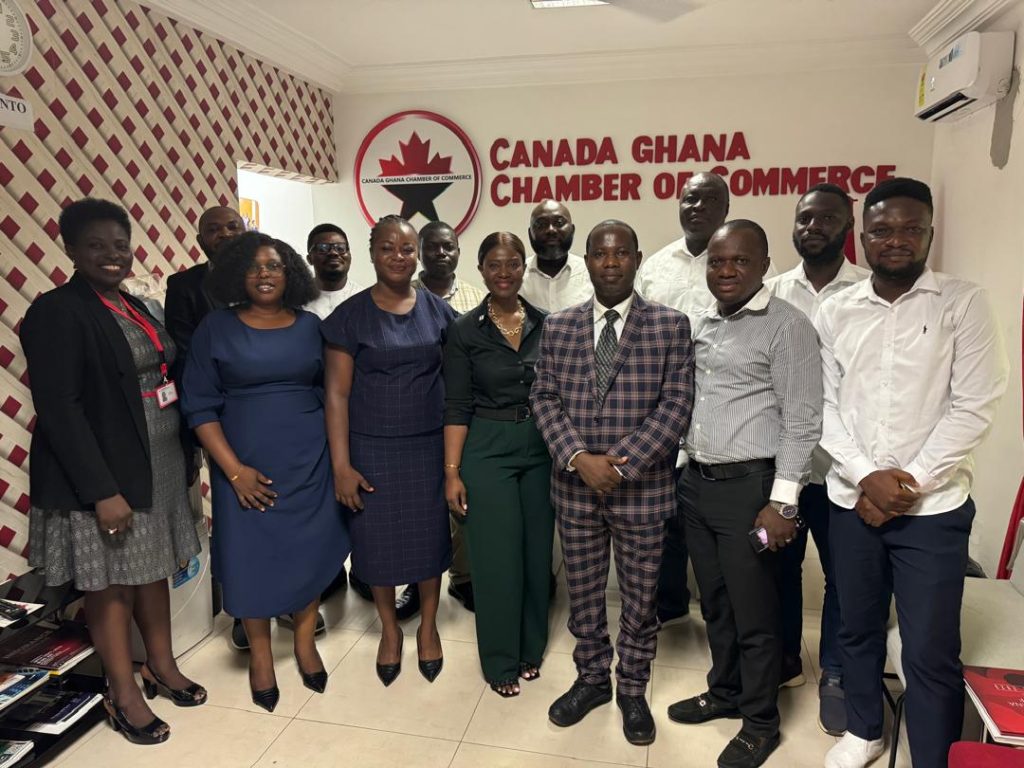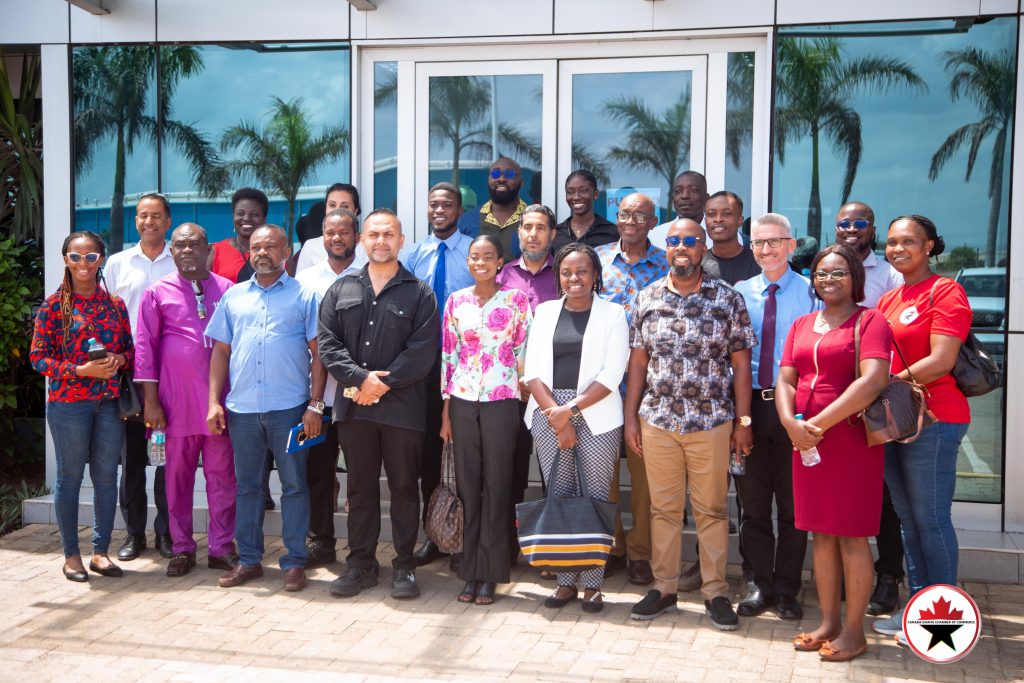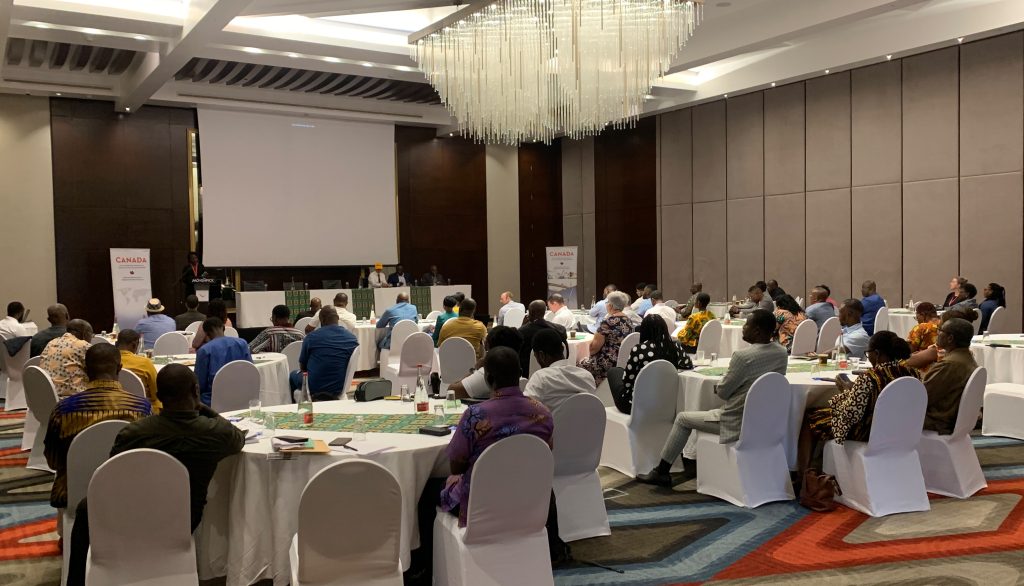
Yedlin: Canada missing mark on future trade opportunities
Calgary business leader Dick Haskayne likes to relate a story about a meeting he had with a Swiss banker in the 1980s.
It was not an easy time in Canada — high interest rates, low oil prices and slow economic growth. After Haskayne reeled off the many challenges he faced as the CEO of an energy company, the banker observed Canada — when compared to other parts of the world — was a country in search of a problem.
It feels a bit like that now.
The European Union is precariously balanced; the combination of Brexit and the election of a populist coalition in Italy creating a toxic mess that confound the best intentions of German Chancellor Angela Merkel. The Middle East continues to smoulder and Venezuela is on the verge of economic collapse.
The leadership vacuum on the world stage, through the absence of the United States, has created opportunities for Russia and China. What those two countries do, especially China, is make plans for the long term, on a global basis.
Additionally, there is a humanitarian crisis on this planet, with an estimated 65 million people displaced and seeking a safe place to re-establish their lives.
It could be easily argued the degree of uncertainty today has not been seen since the Cuban Missile Crisis of 1962, if not the Second World War.
Canada is in a unique position in this period of global, political and economic uncertainty. Rich in natural resources, with an educated workforce, stable democracy and rule of law, Canada is inclusive, welcoming and regarded as a leader in climate policy in the world.
There is so much potential. Yet, as has often been said in recent years, we apologize for our natural resource bounty and can’t get out of our own way to get vital infrastructure built.
The irony is that because of our size and vast natural resources, we are a trading nation. Yet when it comes to forging those trading bonds, by treaty or infrastructure, we are falling behind in building the platforms and bridges to ensure we are integrated into growing global trade.
The most recent example was last week’s federal government decision to deny the $1.5-billion purchase of construction giant Aecon by the China Communications and Construction Company, citing national security concerns. It would have been the largest takeover of a Canadian, non-oil and gas company since CNOOC was allowed to buy Nexen for $15.1 billion in 2012.
China is the world’s second largest economy and Canada’s second largest trading partner.
It is frustrated enough with Canada’s inability to build energy infrastructure that prevents the country from buying oil and LNG to meet its growing domestic demand.
And now it has another issue to be grumpy about.
If the Canadian government thinks the rebuff of CCCC’s takeover bid for Aecon — after the takeover of two other Canadian tech companies by Chinese entities were approved last year — will not be seen as a slight, it is mistaken.
The adage that capital is mobile applies to the construction industry just as it does to the energy sector. China will go elsewhere to make its investments. Given China’s approach of investing on a longer-term basis, being shut out is not easy to reverse.
In the energy sector alone, the past 12 months have proven especially vexing.
Foreign super majors have exited the oilsands, an anti-oil, minority government was elected in B.C., Petronas cancelled its liquefied natural gas project, TransCanada’s Energy East was shelved and Keystone XL remains in limbo over routing. Enbridge is in a similar spot, a different route recommended for its planned Line 3 expansion and replacement project. If that isn’t enough — Bill C-69 is set for approval, creating uncertainty with respect to approval processes for future energy projects and of course, Kinder Morgan set the clock ticking on its Trans Mountain expansion project in April; the witching hour arrives Thursday.
The only good news in the litany of disappointments — in addition to stronger oil prices — is last week’s B.C. Supreme Court ruling dismissing two cases alleging inadequate consultation on Trans Mountain, the 16th in favour of Kinder Morgan.
Yet, by not getting ahead with any of these projects, Canada is de facto ceding market share to other countries that can supply China with the hydrocarbons it needs. In addition to domestic growth opportunities, energy exports to China offer the potential to build trading relationships in other industries beyond energy.
Federal Finance Minister Bill Morneau will be in Calgary on Wednesday, the day before the Kinder Morgan deadline. The pessimist says his visit is timed to lay the groundwork for dealing with the fallout of a failed negotiation process with the pipeline company.
The lack of progress in making trade inroads in China or building energy-related infrastructure that facilitate the export of commodities the world wants and needs — requires updating the comments Haskayne heard more than three decades ago.
Back then, Canada might have been a country in search of a problem. Today it can be argued Canada has become its own problem.
Latest Posts

157TH Canada Day Celebration: Celebrating Strong Bilateral Trade between Canada and Ghana
July 01, 2024

FATHER’S DAY DINNER WITH PRINCE KOFI AMOABENG
July 01, 2024

FREIGHT FORWARDERS AND LOGISTICS SECTOR MEETING
July 01, 2024

Celebrating Women at the Mother’s Day Dinner
June 03, 2024

CANCHAM Pharmaceutical Sector Meeting Highlights
June 03, 2024

In-house Presentation (May Edition)
June 03, 2024

CANCHAM ANNUAL GENERAL MEETING
May 08, 2024

Construction Sector Meeting Hosted by CANCHAM
May 08, 2024

INDUSTRIAL TOUR TO MERIDIAN PARK BY LMI HOLDINGS
May 08, 2024

A JAZZ AND WHISKY AFFAIR: A Tri-Chamber Collaboration!
May 08, 2024

May 08, 2024

EMPOWERING THE FUTURE: ALINEA FOUNDATION’S WEE-NORTH PROJECT AGM
April 04, 2024

EMPOWERING CHANGE: CANCHAM AND JOY BUSINESS INTERNATIONAL WOMEN’S DAY DIALOGUE
April 04, 2024

April 04, 2024

EXPLORING FLAVORFUL HORIZONS: A JOURNEY WITH FREDDIE BEVERAGES
April 04, 2024

EXPLORING HORIZONS: INSIGHTS FROM HOLLARD INSURANCE’S JOURNEY
April 04, 2024

UNLOCKING OPPORTUNITIES: SENA CHARTERED SECRETARIES LIMITED’S EXPANSION ENDEAVOR
April 04, 2024

Highlights from CANCHAM Chocolate Day Member Forum 2024
March 01, 2024

TVET Workshop by Canadian High Commission in Collaboration with CANCHAM
March 01, 2024

Unlocking Potential: Insights from Asante-Chirano
March 01, 2024









